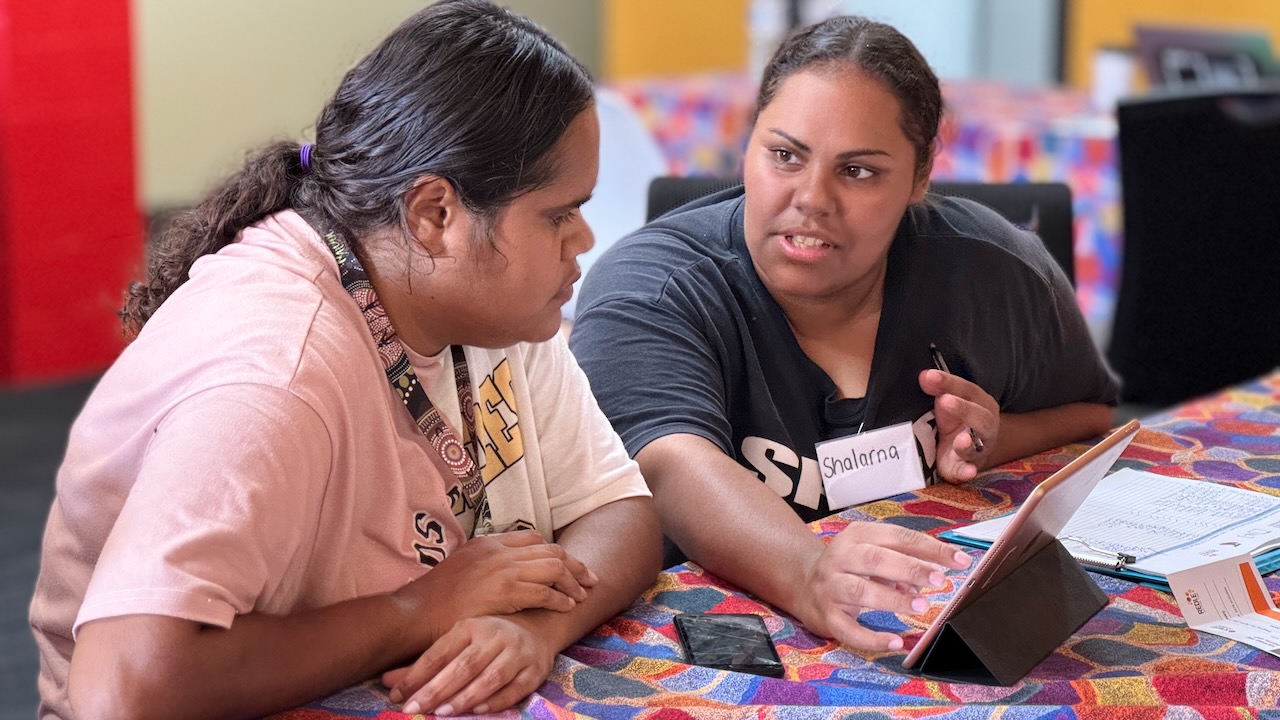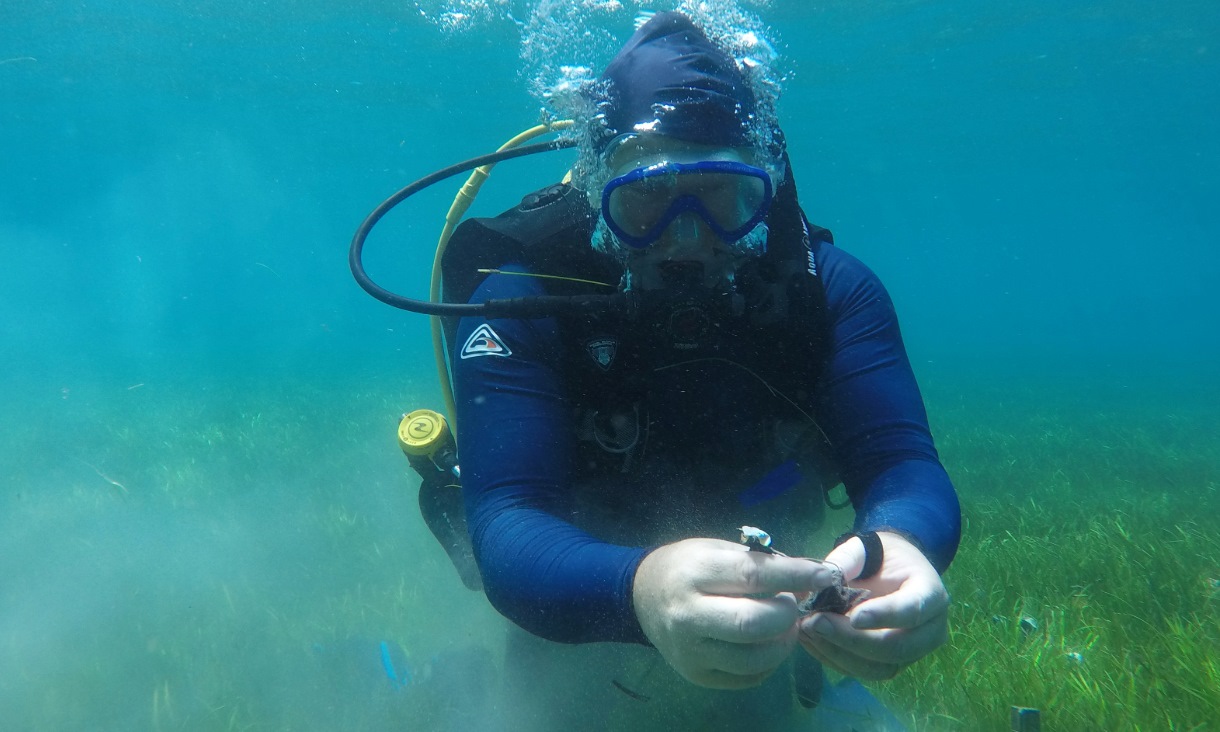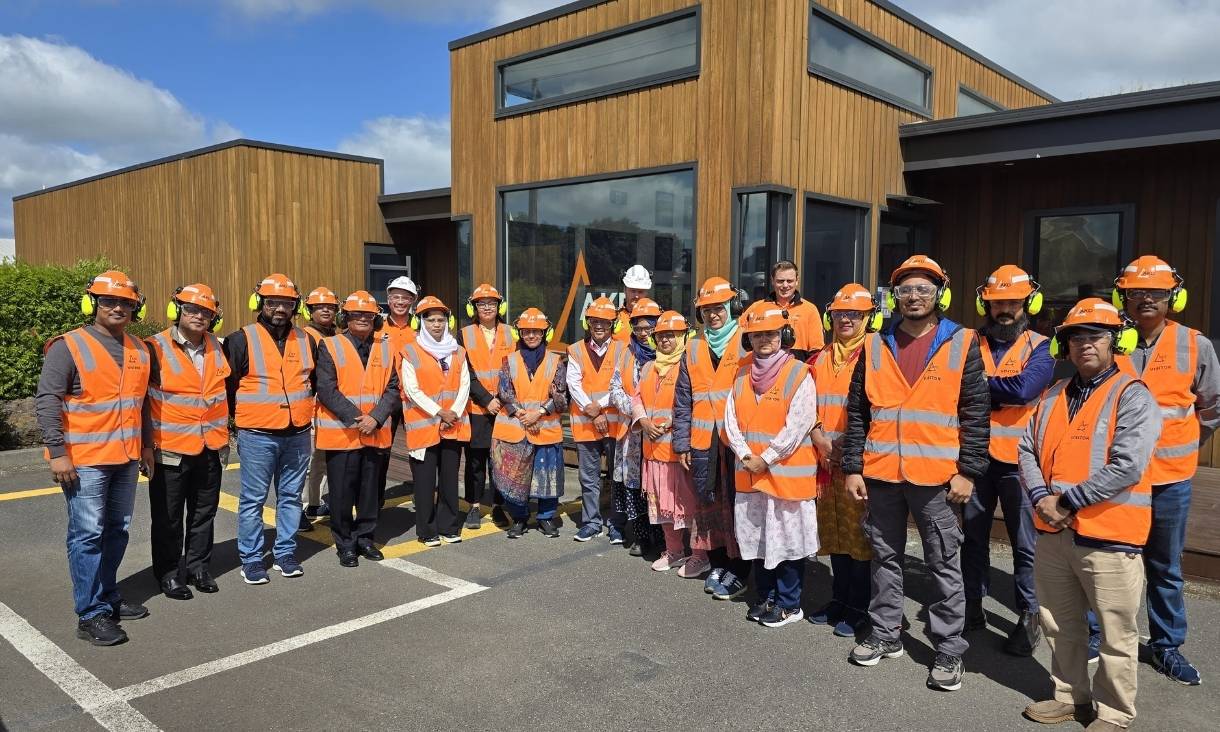Barcelona, Spain: Inclusive urbanism planning, policy and decision-making
Launched in 2020, the Barcelona Green Deal is the new economic plan for the next decade to regain the city’s ambition and exploit its full potential, prioritising the retention and training of talent, facilitating economic activity and attracting more and better investment.
Bárbara Pons Giner, Urban Planning Advisor to the Deputy-Mayor of Barcelona, said the goal is to create 103,000 quality jobs in the digital and green sector with a focus on ensuring quality of work and employability of city residents.
"There's a focus on the vulnerable communities and ensuring integration in the economy as well as protecting the stability and security of the local economy," Pons Giner said.
"There's also a committment to the importance of local commerce in the city, which forms the basis of liveability and protects quality of life.
"Businesses are being supported in their digital transformation, including local shops and restaurants to enable a combination of onsite and online worlds," she said.
"Investment through economic recovery funds are also designed to help businesses that have struggled through the pandemic."
Pons Giner said the BCN Green Deal is also about sustainable infrastructures and habitable neighbourhoods.
"This is not only an urban strategy, but also an economic and ecological sustainability strategy," she said.
"This includes the city’s superblock program, which reduces the number of car lanes in the city, increases bike lanes and makes wider sidewalks.
"The city is also addressing the housing emergency in Barcelona with a focus on refurbishing and building more ecologically efficient urban housing."
Totnes, UK: Citizen-led approaches for positive transformative change
The Totnes REconomy Project, an initiative of Transition Town Totnes in the UK, aims to inspire a new kind of economic regeneration to create an abundance of opportunity for people to meet their needs, and to do so in ways that work with natural systems, are inclusive and fair, and that generally increase the well-being of the entire community.
Jay Tompt, co-founder of the Totnes REconomy Project, said the initiative began in 2011 to address wicked problems affecting us globally.
"This approach was taken as a response to a lack of change happening in other parts of society, with the aim to create the kind of system that is fair and inclusive," Tompt said.
"It's leading to a community that is becoming ecologically wise as well as resilient and adaptive.
"Very often, grassroots initiatives are focused on creating a cooperative or taking on discrete projects. What the Totnes REconomy Project aims to do is to create the conditions for many such initiatives," he said.
Open space and other approaches such as the Local Entrepreneurs Forum are seeing people interact in ways that are low risk, help to build confidence and increase participation.
Tompt said that transition-oriented entrepreneurs pitch to the community and then community invests – they might invest money, or they might invest expertise, or other kinds of help.
"This creates a different sort of culture, allows people to participate in varying ways and it re-embeds that transformational process, that entrepreneurial process, that process of economic change in the community," he said.
Story: Karen Matthews
Image: Louise Soloway Cha and taken from the cover of the book Ethical Cities by Brendan F.D. Barrett, Ralph Horne and John Fien.
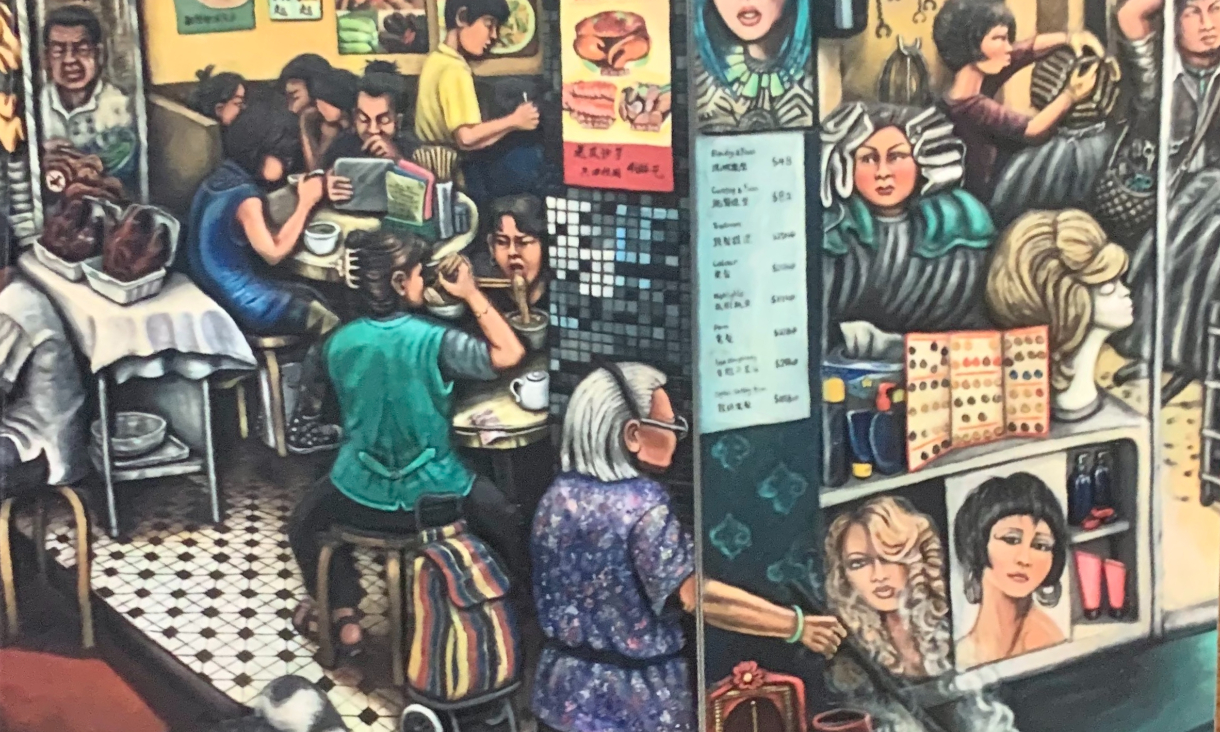
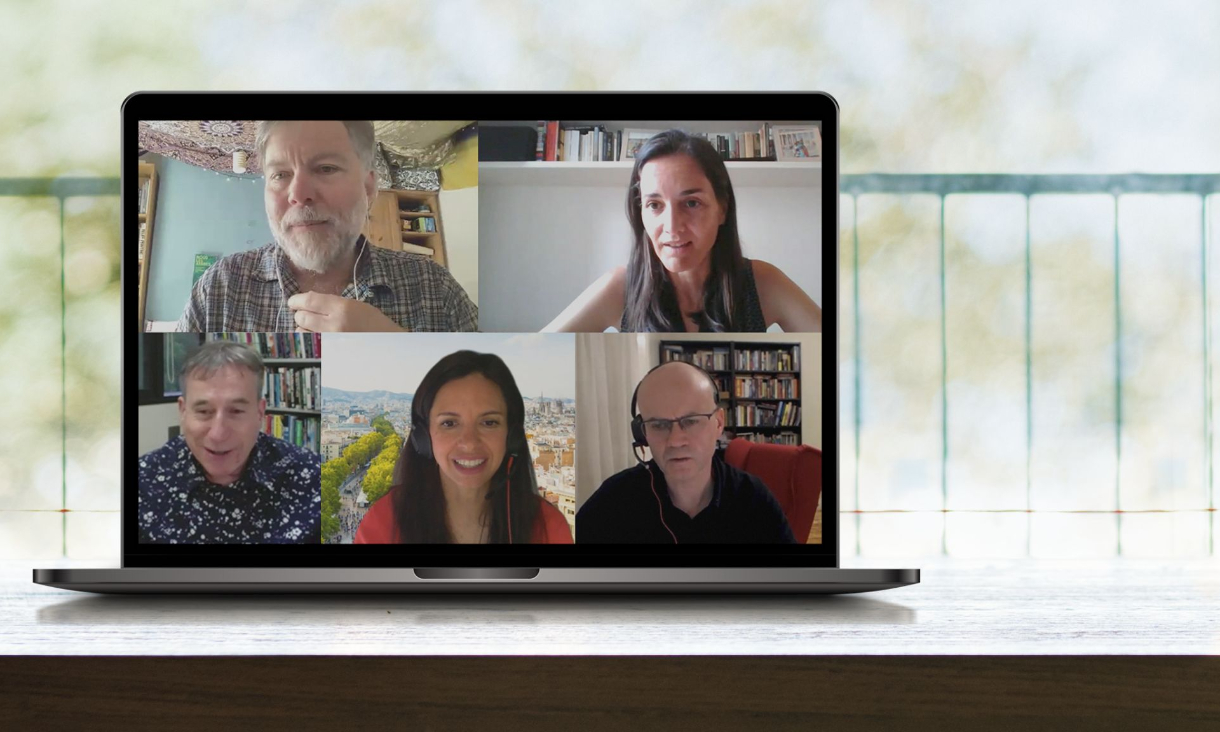
.jpg)
